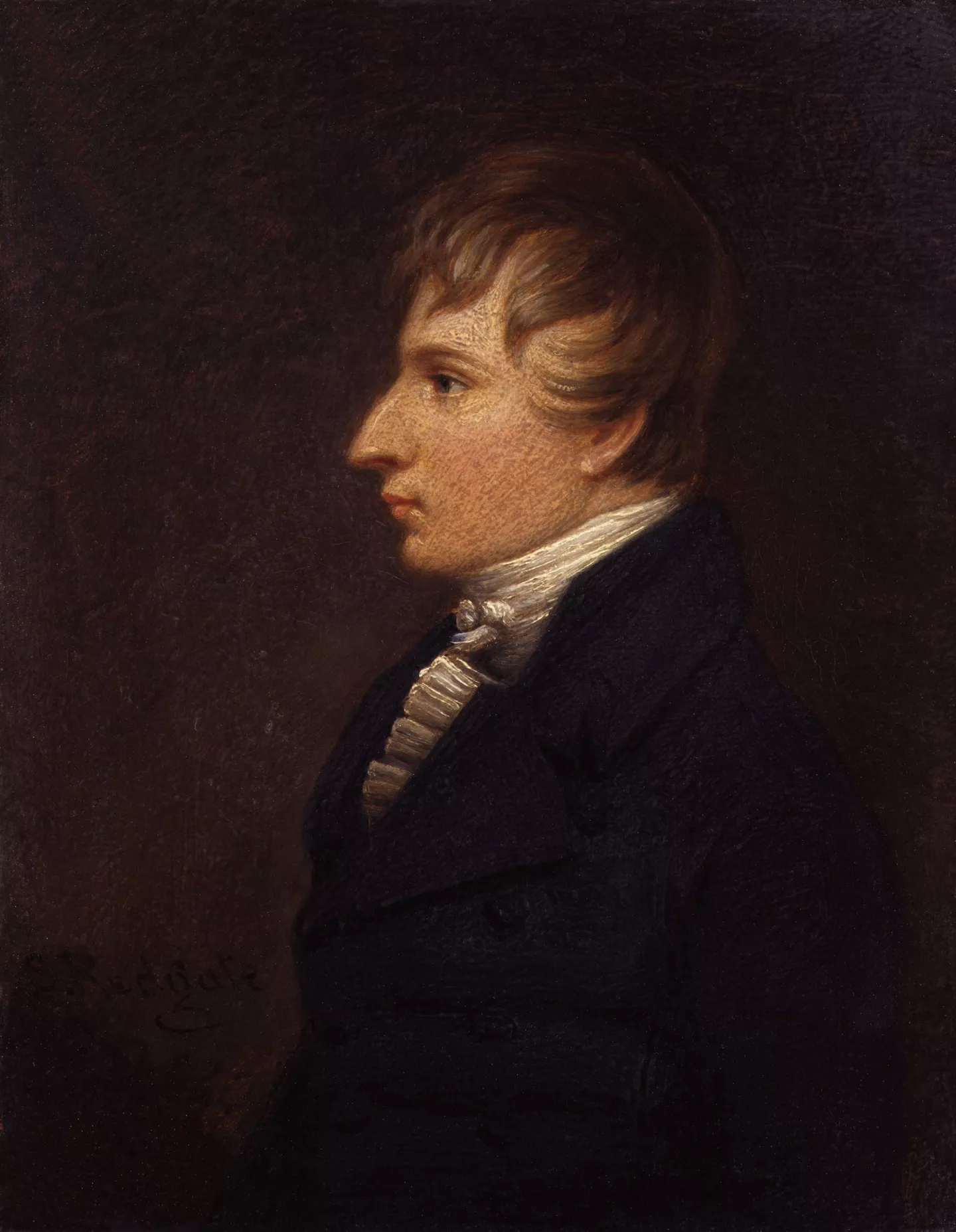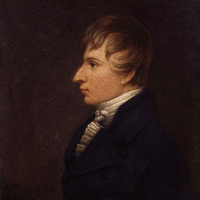
Henry Kirke White
Henry Kirke White (21 March 1785– 19 October 1806) was an English poet, who died at a young age. White was born in Nottingham, the son of a butcher, a trade for which he was himself intended. However, he was greatly attracted to book-learning. By age seven, he was giving reading lessons (unbeknownst to the rest of the family, being offered after the household were abed) to a family servant. After being briefly apprenticed to a stocking-weaver, he was articled to a lawyer. While in this position, he excelled in studying Latin and Greek. Seeing the results of White’s diligent studies, his master offered to release him from his contract if he had sufficient means to go to college. He received encouragement from Capel Lofft, the friend of Robert Bloomfield, and published in 1803 Clifton Grove, a Sketch in Verse, with other Poems, dedicated to Georgiana, Duchess of Devonshire. The book was violently attacked in the Monthly Review (February 1804), but White was rewarded with a kind letter from Robert Southey.
Henry Kirke White (21 March 1785– 19 October 1806) was an English poet, who died at a young age. White was born in Nottingham, the son of a butcher, a trade for which he was himself intended. However, he was greatly attracted to book-learning. By age seven, he was giving reading lessons (unbeknownst to the rest of the family, being offered after the household were abed) to a family servant. After being briefly apprenticed to a stocking-weaver, he was articled to a lawyer. While in this position, he excelled in studying Latin and Greek. Seeing the results of White’s diligent studies, his master offered to release him from his contract if he had sufficient means to go to college. He received encouragement from Capel Lofft, the friend of Robert Bloomfield, and published in 1803 Clifton Grove, a Sketch in Verse, with other Poems, dedicated to Georgiana, Duchess of Devonshire. The book was violently attacked in the Monthly Review (February 1804), but White was rewarded with a kind letter from Robert Southey.


